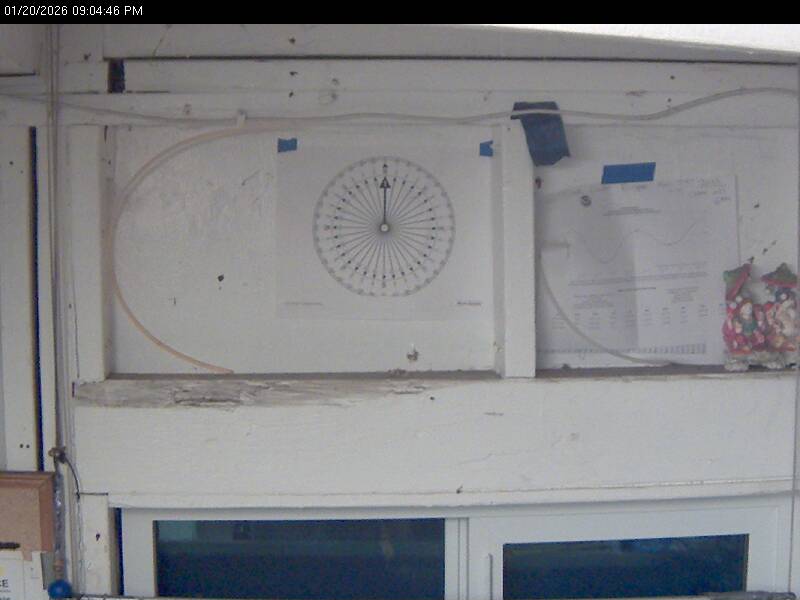![]()
Beginning Sailing Lessons are given to Club members on Monday and Thursday afternoons, and on Saturday mornings. To take a sailing lesson come to the clubhouse between 1:00 PM and 4:00 PM on Monday and Thursday (between 1:00 PM and 5:00 PM when Daylight Savings Time is in effect), or between 10:00 AM and 1:00 PM on Saturday. Lessons are taught on a first-come, first-served basis by qualified fellow CSC members. Here are some frequently asked questions to get you started!
Note that Club Operation is Afffected by Tides and low tides force us to close, meaning open late, close early, or close in the middle of the day. So the above lessons schedule may not be accurate for a given day. You can always check our Open/Close times to see when the Club will be open on a given day. Lessons are also posted on the Club Announcements list - instructions for joining it are here.
A CSC beginning sailing lesson typically provides an hour and a half on the water with one instructor and up to four students in a 14' dinghy sailboat. Students rig the boats (put them in the water and raise the sails). On the water, each student gets about twenty minutes at the helm (driving the boat) to practice steering, adjusting the mainsail, coming about and jibing, man overboard drill (picking up a float from the water), hiking out (using your weight to balance the sails' force), docking, and other maneuvers. When not at the helm, the other students practice keeping watch and applying right of way rules, adjusting the jib (front sail), hiking out, and identifying wind direction and point of sail (angle of boat relative to wind). Students who pass the written, rigging, and sailing test (and contribute 2 hrs extra work) get the Junior Skipper rating that allows them to practice and take out friends and family in club boats. If you really want to get the most out of your lessons read this dinghy sailing guide prior to and after each lesson! In addition you can watch our instruction videos.
In addition to these lessons another way to learn sailing is by participating in our friendly dinghy races. Please see the Racing page for more information.
Fast Track Sailing Courses are intensive sessions designed to help sailing students get their Junior Skipper rating faster. The Fast Tracks typically consist of 5 consecutive evenings (usually 5-8pm) of sailing lessons, running from Monday to Friday nights. Advance sign-up of both students and instructors is required. Students must complete their written test, rigging test, and at least 2 hours additional work before they are allowed to sign up. Coordinating a Fast Track is also an excellent senior project for aspiring senior skippers.
Fast Track dates are listed here.
Sign-up information for each Fast Track session will be announced at the Club and in the Cal-Sailing-Announce email list in time before the session is scheduled to start.
Lessons on Demand
Some instructors are available for one-on-one or small group instruction outside of normal lesson hours. Go here to see how this program works.
Intermediate and Advanced Lessons
Sailing Clinics and Seminars are offered periodically on subjects such as use of the club's Lasers and JY15's, gennakers and spinnakers, rescuing a person overboard, outboard motor use and care, rudderless sailing, knots, etc. Be sure to check out our calendar for special clinics and events.
Safety
CSC is a wonderful and safe place to learn sailing and windsurfing. All instruction includes a thorough discussion of key safety equipment and practices before getting on the water. This includes understanding and using basic safety equipment such as personal flotation devices (PFDs) and wetsuits, helping students check and set up equipment, understanding right-of-way rules and best practices, learning to use the buddy and the check-out/check-in systems at CSC so no one goes unaccounted, understanding that being on the water while impaired with alcohol or drugs poses a serious risk, identifying area boundaries and physical hazards, and understanding self-rescue and distress signaling practices including VHF marine radio and cellphone options.
You do not need to be a strong swimmer, as you need a life vest (PFD) any time you are near the water, including walking on the dock. You should feel comfortable in the water with a PFD on, as a dinghy may capsize, and you should be able to swim a short distance (10 yards) wearing a PFD in the event you are separated from your boat.

